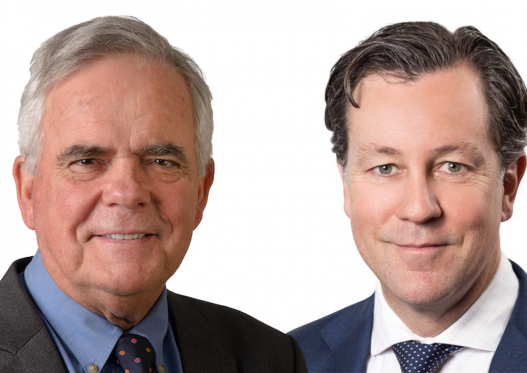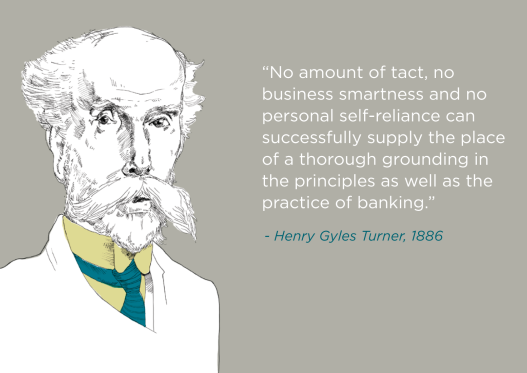Bankers need to embrace the highest professional standards to enjoy the same levels of trust they once had when they were as highly respected as doctors.
That’s the view of one of the first Australians to pass FINSIA’s prestigious Chartered Banker qualifications who noted that the decline in the image of banking professionals dates back much further than the Royal Commission and the GFC.
Bank of Queensland Money Market & Debt Funding Senior Manager Christopher Bell recalled how trust in a bank manager was as high as that of doctor and accountant in the 1970s - but had plummeted by the 1990s.
He was speaking about the reasons why he chose to do the Chartered Banker by Experience course during FINSIA’s Why Become A Chartered Banker webinar.
Bell told how he was putting the finishing touches to an assessment for the fast track course when the final report into misconduct was being handed down with its 76 recommendations, reaffirming his belief in the need for professional qualifications.
“It was very important for me to get involved with the Chartered Banker by Experience course, because it's recognised as a global standard, a core set of principles to be aligned with,” he said.
The trained accountant, who admits to falling into a banking career 20 years ago, said he did background research before embarking on the course.
“When I went back and had a look, there was a Roy Morgan image of professions which went through a number of them - back in 1976. A bank manager, which is the core of what banking is, was valued very highly within the community.
“It was rated more highly than a doctor and it was rated more highly than an engineer and even an accountant at the time.
“Then in the early '90s, a bank manager plummeted.
“We got to a point where in 2017, a number of years after GFC, and we basically have our image.
“But a lot of that deterioration had been done by the early mid-90s. Other professions like nursing, doctors, pharmacy, engineers had risen above us and accounting as well had gone higher.”
Expanding on the need to rebuild trust, Bell spoke about the vitally important role banking plays in the community.
“It's a really important service,” he said.
“It doesn't mean we're any more important than anyone else, but I think we just lost our way there.
“Doing these CBBE reflective statements that said to me that never lose sight of the customer was particularly important.
“For me, what absolutely stood out as clear as day was that there are some key core principles as a FINSIA member, a Chartered Banker, BOQ employee and other banks that I've worked at.
“It's public interest, integrity, due care, confidentiality, professional behaviour, and objectivity and respect to the customer and to your fellow employees.
“There's obviously more, but these are the ones that just kept coming through and through.”
Elaborating on the need for these professional standards, he went on: “Joining a membership that happens to be globally recognised means you are a professional and have standards that you have to maintain.
“This actually says that you are a Chartered Banker.
“I think that creates, particularly in Australia in these early days, an interesting conversation.
“A lot of people heard about chartered accountants, chartered engineers, doctors and lawyers and members of their society that have standards. But I guess this (Chartered Banker) is quite unique in Australia. So it's important.”








